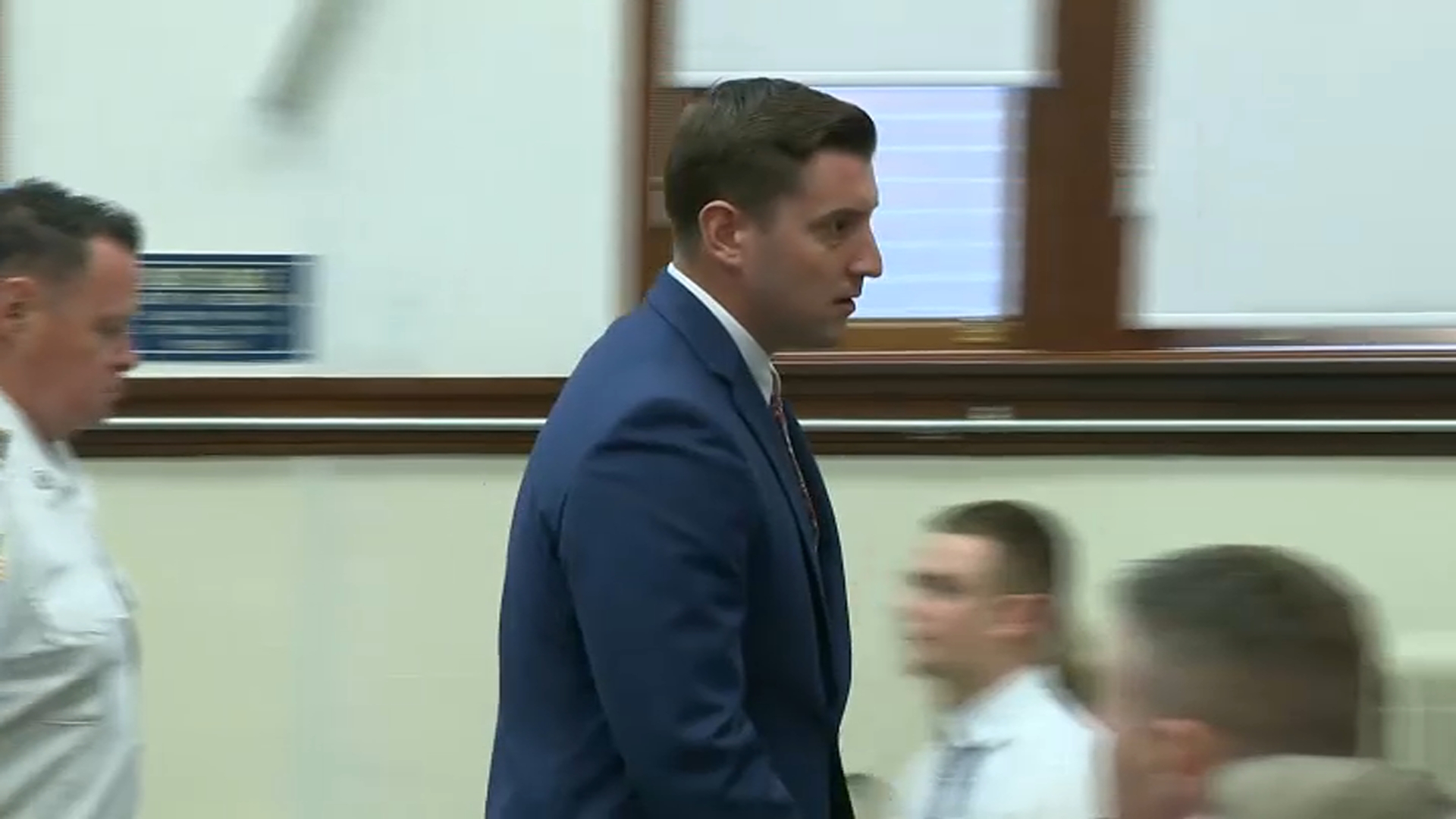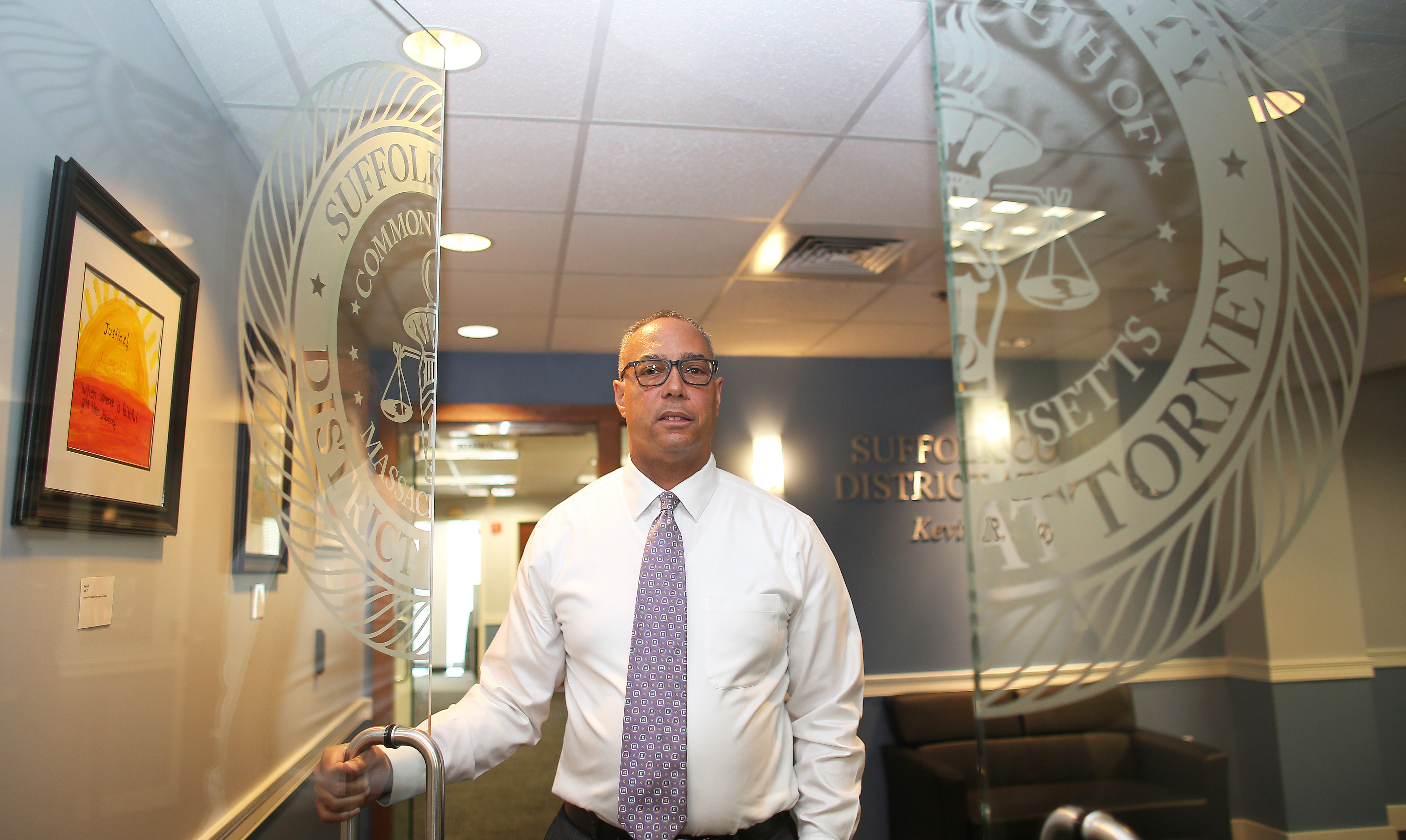On any given day, more than 200 young people are sitting in Massachusetts emergency rooms waiting to get the care they need for mental health issues.
But a Beacon Hill lawmaker says many of those issues could be caught long before they become crises by bringing more resources and services into the schools.
Sharon mom Michele Rogers is all for it. What she experienced this past year with her young daughter is any parent's worst nightmare.
"She had expressed wanting to kill herself, and this time she had a plan," Rogers explained. "To run in the street and get hit by cars. And we live off a busy road."
Get Boston local news, weather forecasts, lifestyle and entertainment stories to your inbox. Sign up for NBC Boston’s newsletters.
Kay — not the child's real name — had already been dealing with mental health issues, but when the pandemic hit, at just 9 years old, her comments became alarming.
She started seeing a psychiatrist, and things seemed better until she went back to school last fall.
"There isn't enough support for children," Rogers said. "They can't express their feelings. They can't talk about how they're struggling, because there isn't enough people to talk to."
Local
In-depth news coverage of the Greater Boston Area.
By October, after a bullying incident led to some aggressive behavior, Kay was expressing suicidal thoughts again.
"We brought her to the emergency room," Rogers said.
And that's where they stayed for four days in an overcrowded hallway, sleeping on stretchers.
"Hearing people come in with emergencies," Rogers said. "It was very traumatic."
That was followed by three weeks in a room at Boston Children's Hospital waiting for a psychiatric bed to become available.
All of this took a further toll on Kay's mental health.
Cambridge Rep. Marjorie Decker says it is a public health crisis. She hears similar stories every week of hospitals that are overwhelmed, schools that lack resources and parents who are desperate.
"I have filed a bill and been working on it with advocates around the state for the last four years," Decker said.
The Thrives Act would take educators, mental health and public health workers out of their individual silos and put them around the same table for a holistic approach to behavioral health.
Educators would receive technical assistance and professional development. For students, age-appropriate behavioral health education would be mandated.
Amara Azubuike, the director of behavioral health, advocacy and policy at Boston Children's Hospital, says better equipping the schools is an excellent investment because that's where the children are. She says the systemic approach would help keep young people out of emergency rooms.
"If we make sure that all schools can provide resources for kids to thrive, then we'd be able to prevent some of the downstream crisis," Azubuike said.
Decker is hoping to get the Thrives Act through the legislature in time to impact the new school year. She knows change won't happen overnight, but she says the rollout must begin immediately.
None of this is easy for Rogers to talk about publicly, but by doing so, she hopes to facilitate change and eliminate the stigma.
"I think just letting parents know that it's OK," she said. "That it's OK to have children with mental health diagnoses. And you can get through it."
The Thrives Act is currently under review in the Mental Health Committee. Decker is optimistic that House Speaker Ron Mariano, a former educator, will bring the bill to a vote soon.
If you or someone you know is in crisis, call the National Suicide Prevention Lifeline at 800-273-8255, text HOME to 741741 or visit SpeakingOfSuicide.com/resources for additional resources.



